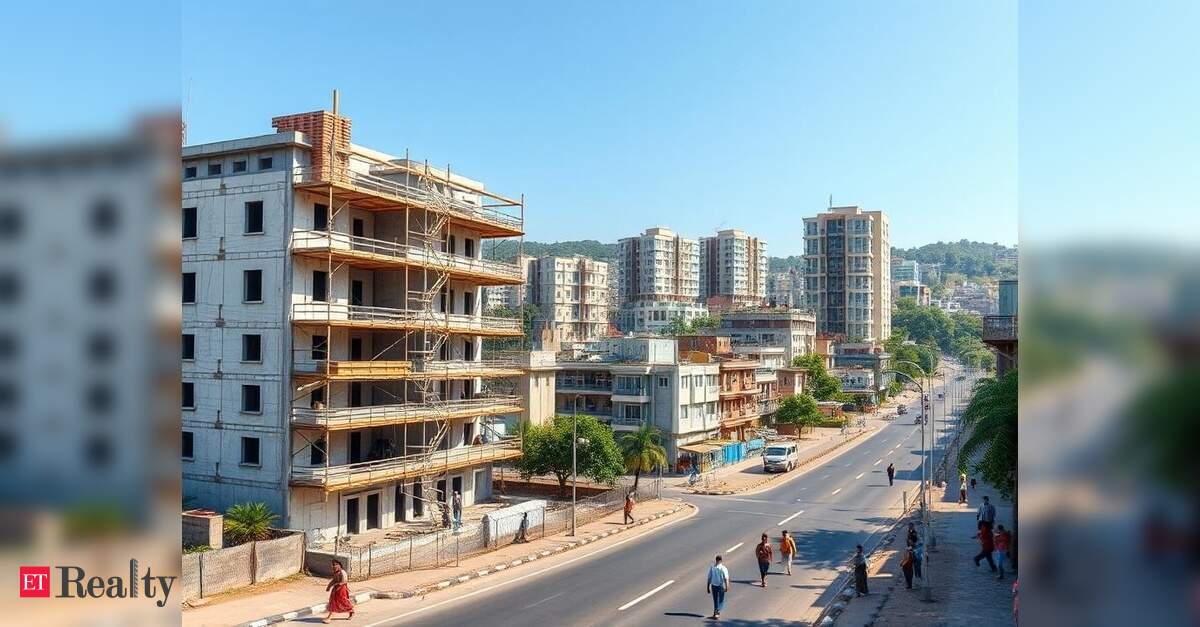
MUMBAI: Heirs of deceased cooperative housing society members may soon be allowed to attend general body meetings as ‘provisional members’ or nominees, according to the new draft rules for cooperative housing societies released for public feedback. However, such members will not be granted voting rights until they legally establish ownership of the property.
In a push toward digital inclusion, the draft allows virtual participation in annual general meetings (AGMs). Still, a quorum of two-thirds or 20 members, whichever is less, remains mandatory. If a meeting is adjourned due to lack of quorum, it can be reconvened within 7 to 30 days without requiring a quorum.
The proposed rules, which are currently open to suggestions and objections, also mandate equal division of common service charges among all flats, while water charges will be calculated based on the number of taps in each flat. Societies must maintain a sinking fund at a minimum rate of 0.25% and a repair and maintenance fund at 0.75% of the construction cost, collected annually.
Key decisions at AGMs — such as redevelopment approvals — will need to be passed by at least 51% of the total membership, including virtual attendees. For redevelopment meetings, videography is now mandatory, and the selection of a builder or contractor will require a 14-day notice, quorum, a registrar’s representative, and majority approval.
One of the most notable financial reforms is the reduction in interest rates on members’ dues from 21% to 12%. Societies will also be empowered to raise loans up to 10 times the land cost for redevelopment projects. Maintenance charges can also be restructured under the new guidelines.
To expedite decision-making, managing committees can now approve one-time expenditures up to Rs 3 lakh without seeking general body approval. Recovery processes for defaulters have also been simplified, reducing legal costs for societies.
A notable inclusion in the draft is the provision for premises societies, allowing commercial establishments and shops to be recognized as part of the society. This gives them rightful redevelopment entitlements alongside residential members.
Societies will also have the autonomy to fill casual vacancies in managing committees without registrar intervention.




